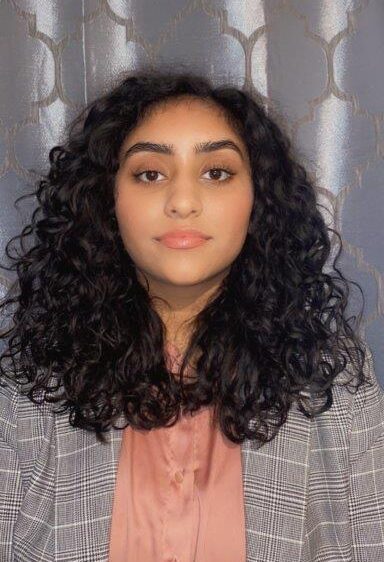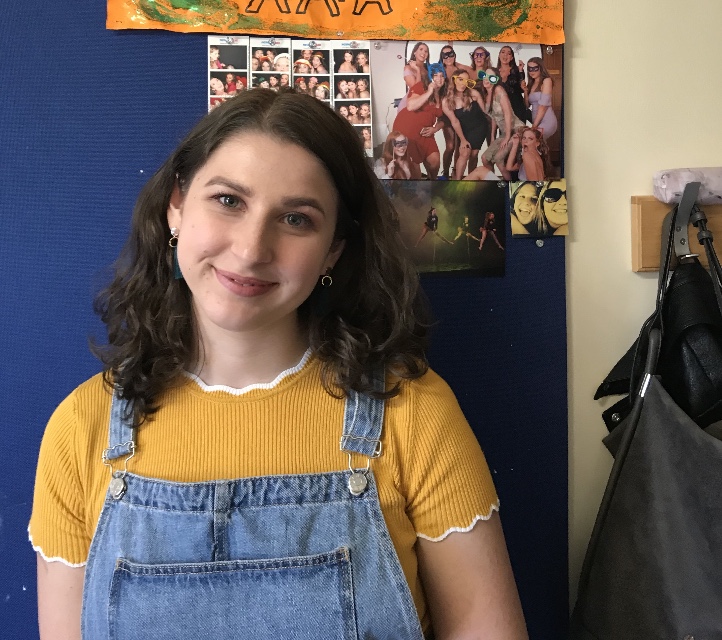My favourite thing about studying Further Maths was the challenge it provided, and the opportunity to develop a deeper understanding of the maths I’d studied throughout high school. Another great thing about Further Maths A-Level is that it overlaps slightly with Maths A-Level, and so understanding the Further Maths content improved my ability to do well in Maths and vice versa! This made it much easier to revise for both A-Levels, and didn’t take as much time to revise for.
A lot of people say that Further Maths is much harder than Maths, but for the large majority of the course, the content is very similar difficulty levels as the normal Maths content- what makes it trickier is how it’s applied in exam questions. You can only get used to the level of problem solving required by practicing; it can be daunting thinking about how much maths you think you have to do. I found it was much more efficient to practice lots of FP1 and FP2 module questions, and this really helped my ability to answer the C1, C2, C3 and C4 module questions!
I wish I’d known how quickly the two years go by! Obviously it’s important to put the work in for your A-Levels, but don’t forget that once you leave Crompton House, you won’t see your friends as often, so enjoy spending time with them! Utilise your free periods as much as you can to do work but don’t feel guilty about taking a break and walking up to Londis for some chocolate on occasion! Also, if you decide to do an EPQ, I’d really recommend trying to complete it, or get the large bulk of your research and writing done during Year 12; Year 13 is a busier year in terms of applying to university/apprenticeships and revising for A-Levels (not to mention celebrating 18th birthdays!), so it’s really helpful to already have it finished and be one less thing to think about.
I studied Maths, Further Maths and Physics to A-Level, and Chemistry to AS-Level. I have just finished my second year studying Mathematics at Durham University – it was quite a shock when things that took us a month of lessons to cover at sixth form were spoken about briefly in an hour long lecture before we moved on! Being surrounded by so many students with a similar or higher level of intelligence than me was quite unnerving to begin with, but thanks to my Sixth Form teachers I have strong foundations of understanding, and a logical way to approach problems. This has given me the confidence to study areas of maths that I never even knew existed before coming to uni!


Recent Comments